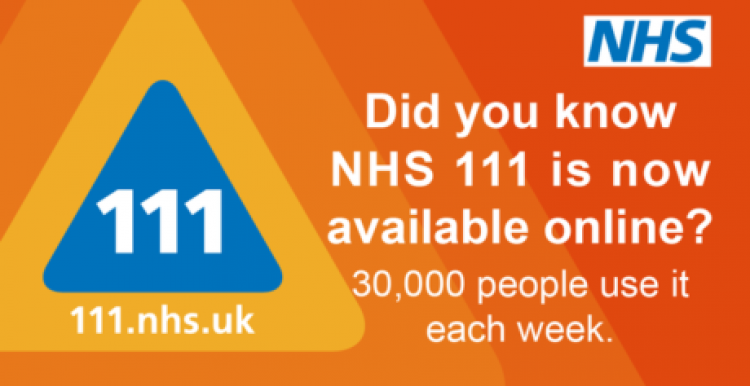When should you call NHS 111?

NHS 111 – for urgent medical concerns
Depending on the situation, the NHS 111 team can connect you to a nurse, emergency dentist or even a GP, and can arrange face-to-face appointments if they think you need one.
NHS 111 advisers can also assess if you need an ambulance and send one immediately if necessary.
When should I call NHS 111?
If you're worried about an urgent medical concern, call 111 and speak to a fully trained adviser. For less urgent health needs, contact your GP or local pharmacist.
How does NHS 111 work?
The NHS 111 service is staffed 24 hours a day, 7 days a week by a team of fully trained advisers. They will ask questions to assess your symptoms and, depending on the situation, will then:
-
give you self-care advice
- connect you to a nurse, emergency dentist or GP
- book you a face-to-face appointment
- send an ambulance directly, if necessary
- direct you to the local service that can help you best with your concern
How do I access NHS 111 if I am deaf?
NHS 111 offers a video relay service that allows you to make a video call to a British Sign Language (BSL) interpreter. The BSL interpreter will call an NHS 111 adviser on your behalf, and you will then be able to have a real-time conversation with the NHS 111 adviser via the interpreter.
You'll need a webcam, a modern computer and a good broadband connection to use this service. Visit NHS 111 BSL interpreter service for more details and an online user guide.